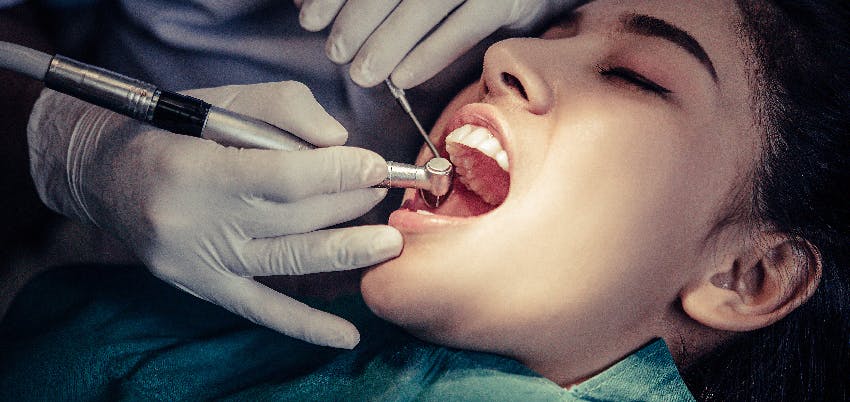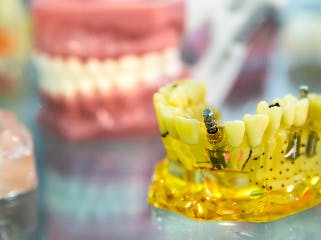
Do you know how your dentist will treat your dental caries?
by Wildsmile
Tooth decay is an infectious disease that can severely affect the teeth and consequently other areas of the mouth. It is the most common chronic disease on the planet, despite being largely preventable. According to current statistics from the World Health Organisation, 99% of adults worldwide are affected by caries and between 60% and 90% (depending on their country of origin) are children.
You may be interested in reading: DENTAL CARIES, YOU BETTER DETECT IT ON TIME!
Types of dental caries
According to their localization and complexity, we can classify dental caries into three main groups. Below, we detail each one of them.
Recurrent dental caries.
These are those that are recurrent, appear below the dental fillings, which have been previously placed due to caries. It is very important to know that tooth fillings are not eternal, their useful life will depend on the material they are made of and the care we take of them. Therefore, if you have a tooth filling, it is very important that in your regular visits to the dentist, he or she examines its condition.
Radicular dental caries
These are the most invasive and dangerous, as they appear very close to the nerve of the tooth, which, in the majority of cases, your dentist will consider extracting the tooth. This type of caries is more common in adult patients with periodontal diseases.
Dental crown caries
This is the most common caries in the world, as it affects to a large extent young children, affecting the parts of the teeth that take over the function when chewing.
How to prevent dental caries
The main reason for the appearance of bacteria that cause tooth decay is a series of bad habits that have been ingrained since childhood. For this reason, it is very important to develop good dental hygiene practices and to take care of the intake of certain foods; also, regular visits to the dentist (two per year) and good oral hygiene are the fundamental pillars for the prevention of caries. Here is a list of foods that can cause tooth decay:
- High sugar concentration juices
- Sweetened carbonated drinks
- Solid, sticky or soft candies
- Chewing ice
- Alcohol
- Foods with a high concentration of starch
- Bubble gum
You may be interested in reading: DAILY CARE FOR A PERFECT ORAL HEALTH
Procedures your dentist will use to prevent dental decay
At each visit you have with your dentist, he will examine all your teeth and dental fillings very carefully. Thanks to these revisions he will notice if you have any kind of cavity. He will also apply fluoride to prevent future infections and make your teeth more resistant, as it strengthens the tooth enamel. Dental cleanings are also an indispensable treatment for the prevention and good health of your teeth, it is recommended to do them at least once a year.
How are dental cavities repaired?
If your dentist detects any dental caries it will be necessary to eliminate them as soon as possible, as otherwise they will continue advancing to a point of no return. In this way, the procedure for treating a dental cavity is first to eliminate it with a dental drill or lathe; as a consequence, a hole will remain that will have to be covered with amalgam or resin dental fillings. If your problem is radicular dental caries, your dentist will most likely proceed to execute a endodoncy, which consists in the removal of the dental pulp. In the worst cases, when the caries is too advanced the only solution will be the extraction of the tooth.
It is important to insist that cavities are largely a preventable disease, and it is very important to have a good dental cleaning habits, regular visits to the dentist as well as avoiding excessive intake of food and sugary drinks. With these simple actions we will enjoy a healthy and cavity-free smile for the rest of our lives.
Want to learn more about this?
Contact us
Your contact request is registered. We will contact you as soon as possible.
Lorem ipsum dolor sit amet, consectetur adipisicing elit. Adipisci alias aliquid amet commodi dolor, dolore doloremque dolores fugit quod repellat.
 ESP
ESP
 ENG
ENG






